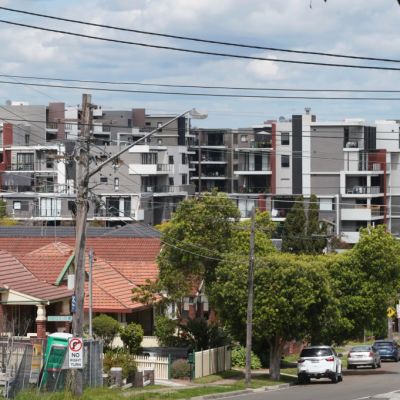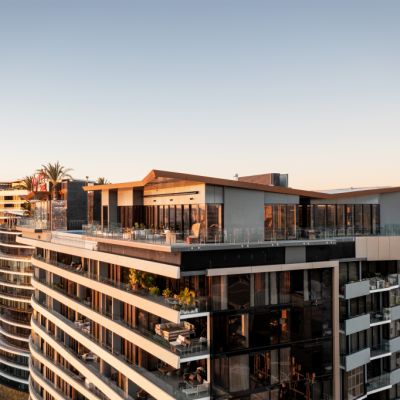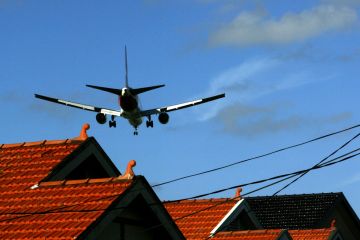Why house prices are not going down even though rates are high
Homeowners have a experienced a flicker of relief, with the Reserve Bank holding interest rates in July at 4.1 per cent.
The month-on-month hiking of interest rates is designed to squash inflation, but one crucial cog of the economy has continue to rise, unabated.
Property prices.
So, why are house and unit prices not going down even though interest rates have continued to go up?
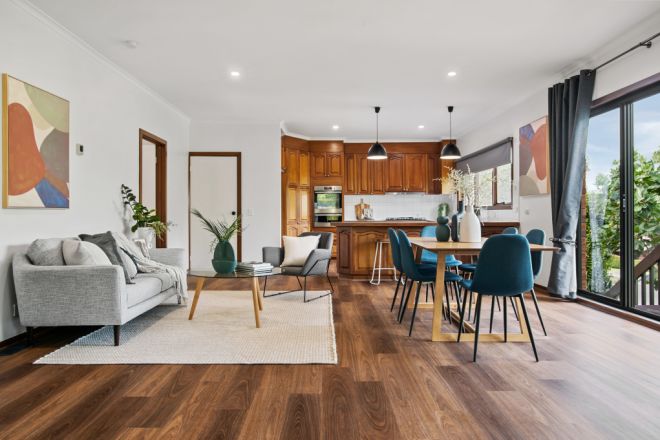
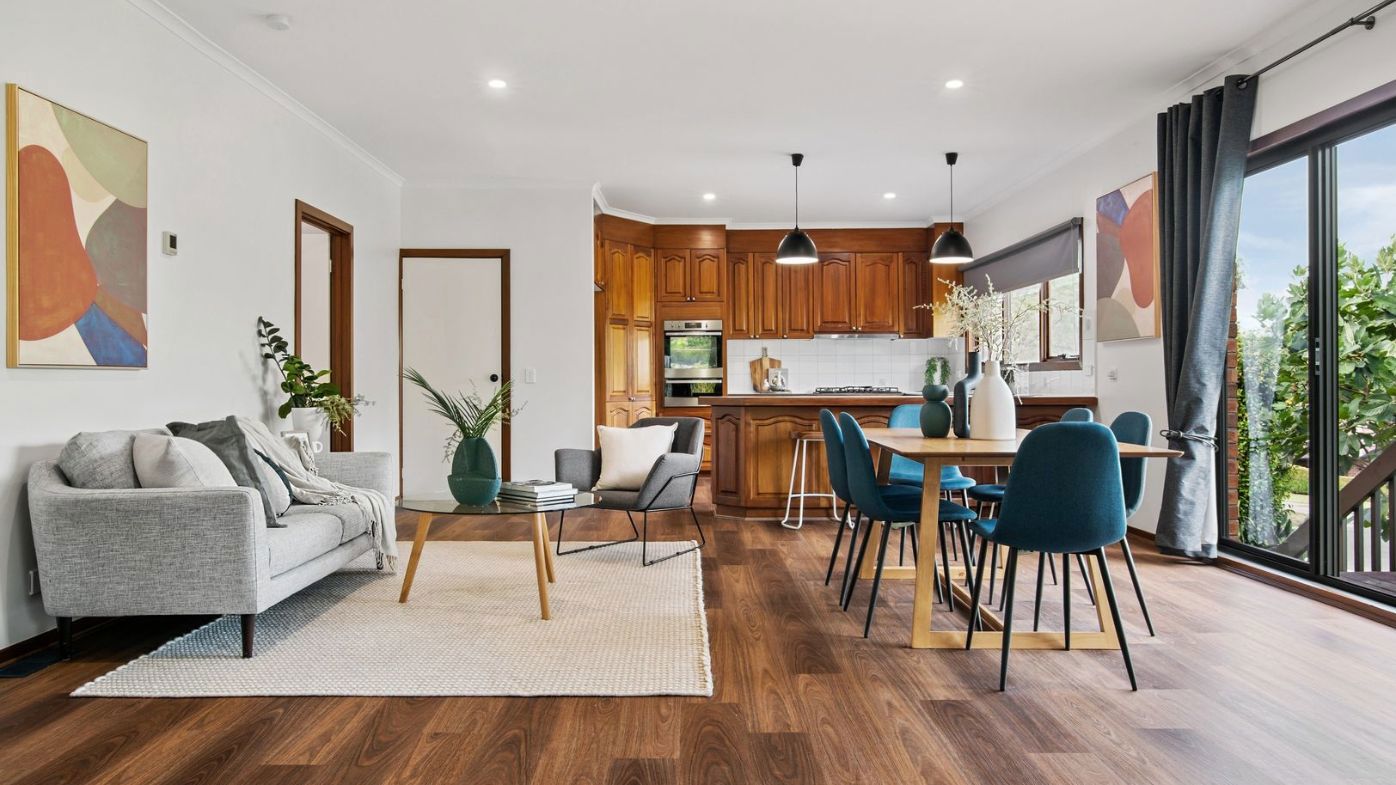
A soup of circumstances have put a cushion under prices in Australia, all the while mortgages have become more expensive to service.
In the Domain Forecast Report for the 2023/24 financial year, researchers identified four major reasons why there is upward pressures on real estate prices – so much so, the once cooling market will reignite again to record high prices in five capital cities over the next 12 months.
The fresh Domain forecasting shows house prices in Sydney, Adelaide and Perth are set to turn around or hold fast over the next year and unit prices in Brisbane, Adelaide and Hobart are also expected to rally.
These are the explanations in the Domain report, revealing why prices are pushing upwards alongside interest rates.
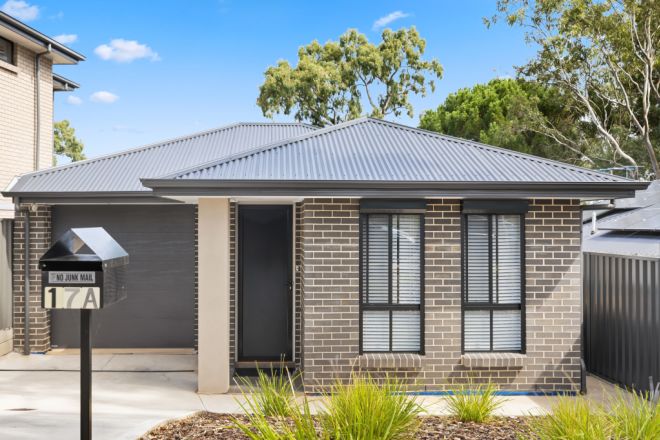
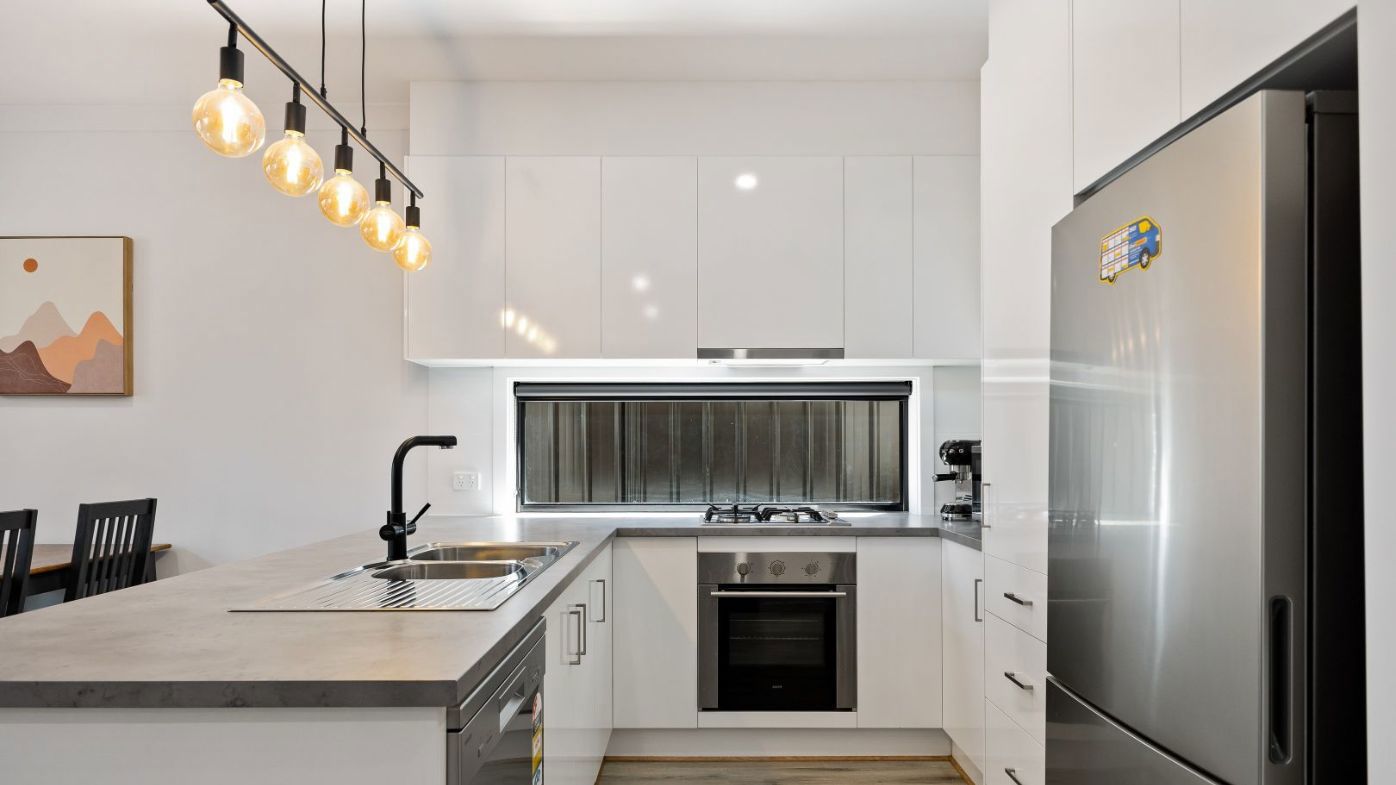
Supply
Fewer listings have been like a tent pole for house prices – keeping them up.
The current listing volume is 11 per cent lower than the five-year average for the combined capital cities, Domain found in the report.
“Total supply is also lower over the past year in Sydney, Melbourne, Brisbane, Adelaide and Perth. This signals rising competition between buyers helping to stabilise or improve prices in certain markets.”
Vendors thinking about listing are holding off, due to lack of economic confidence.
Population
Since the COVID-induced border closures ended, international students, skilled temporary visa holders and working holidaymakers have journeyed to Australia.
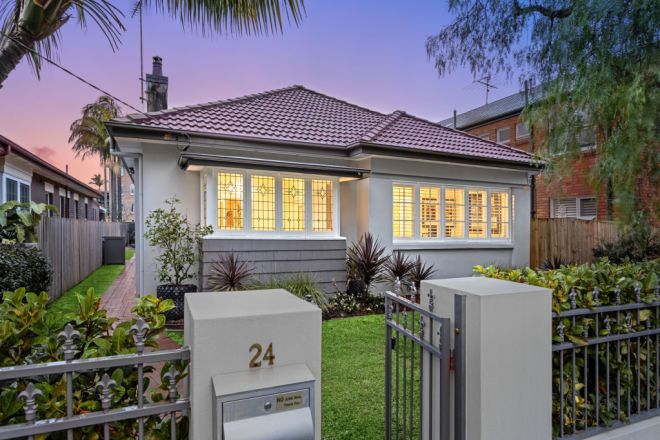
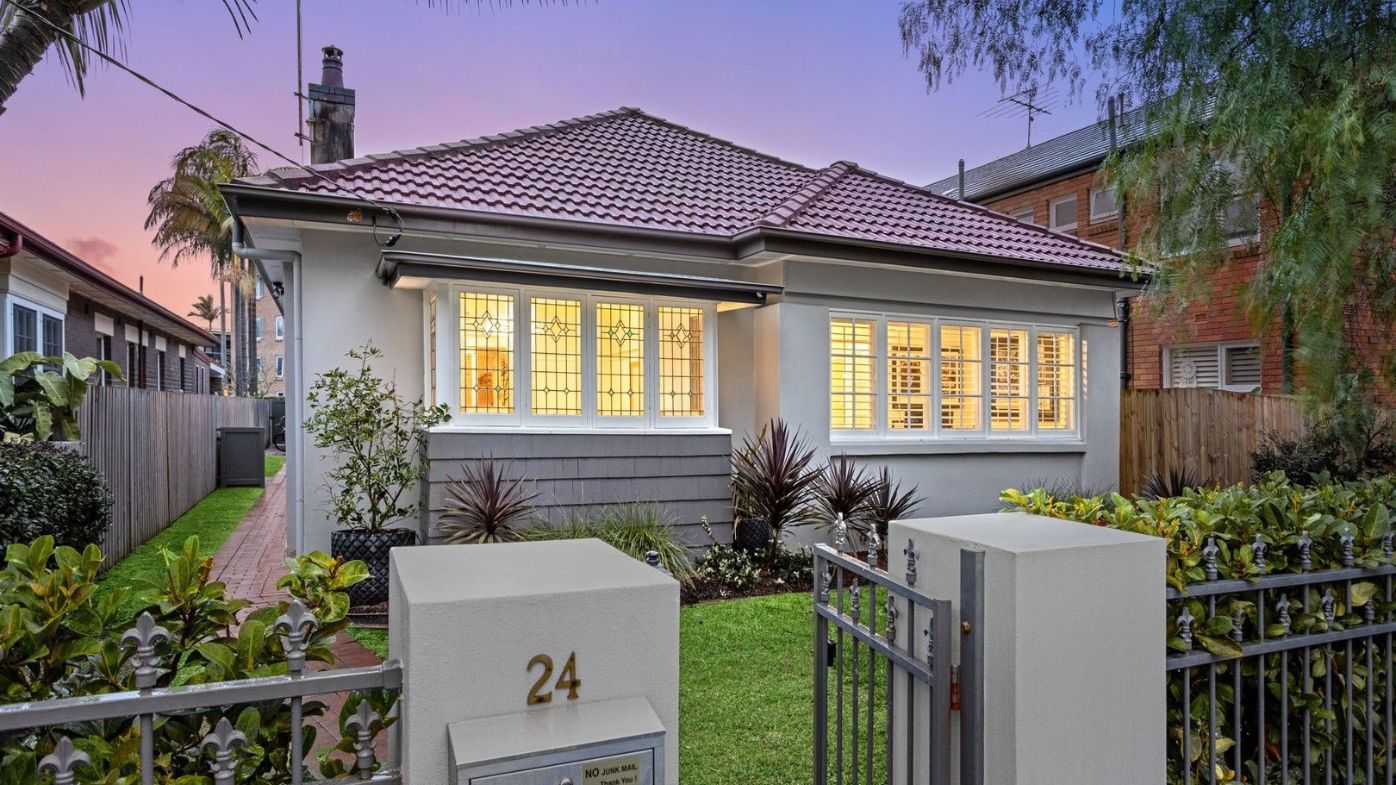
The taut rental market means that although skilled migrants and students usually lease a property when they arrive, some may make the move into buying due to lack of other options, the Domain report said.
Over the next two financial years, Domain analysis predict we’ll need 300,000 houses to cater for those new residents alone.
New South Wales, Victoria and Queensland will require the largest share of housing to accommodate the population spike.
“Population growth will be a substantial factor pushing property prices higher, particularly with the Albanese government’s momentum in lifting temporary and permanent visa grants to alleviate skills shortages,” the report said.
Construction
The increased cost of building a house could “eventually” flow into the housing market, Domain found.
The industry will recover at some point after a period during which it get worse. Numerous recent collapses of building companies nationwide indicates the problem has some heat left.
“The cost to build a house (input costs) has risen by 32 per cent since the beginning of the pandemic, and output costs are up by 22 per cent – creating a shortfall absorbed by the construction sector,” the report said.
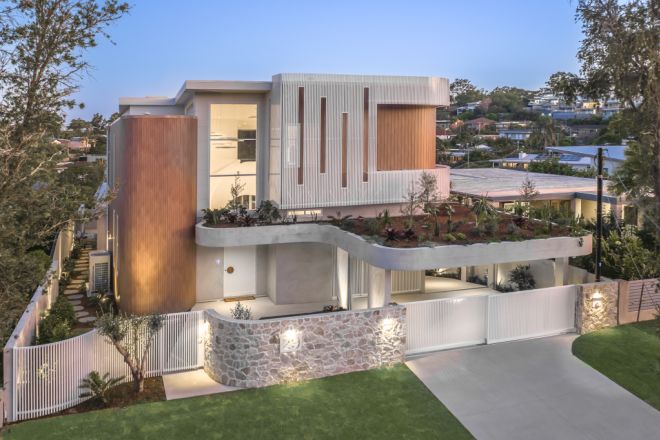
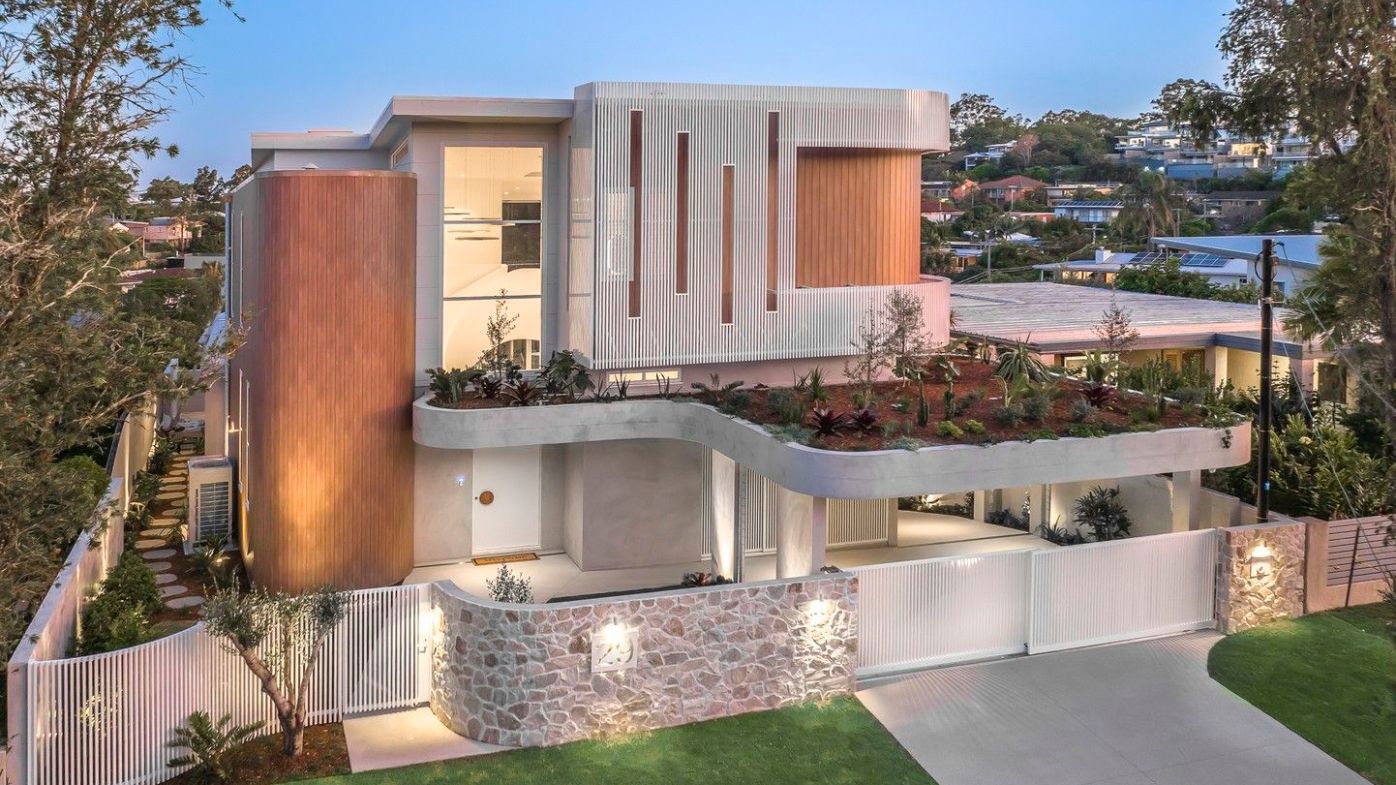
Borrowing power from the banks
Banks are lending less to borrowers to buy a property, as their incomes and assets don’t match what it requires to serve the loan, attracting a higher and higher interest rates.
Borrowers may not be able to buy the property they want, but instead, they take what fire power they have to the affordable end of the market, increasing demand for lower-priced property, Domain researchers found in the report. This in turn creates competition within a lower bracket.
We recommend
We thought you might like
States
Capital Cities
Capital Cities - Rentals
Popular Areas
Allhomes
More
